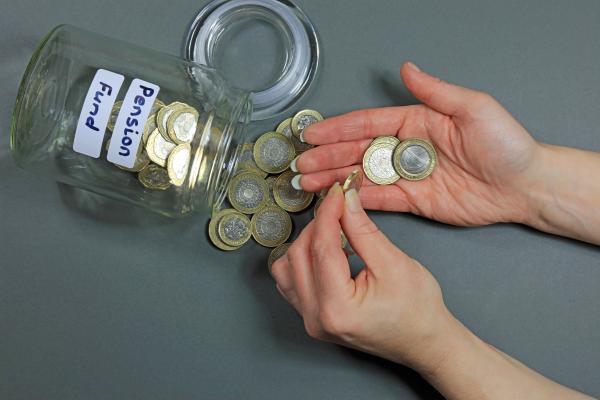
Consultation response: IHT on Pensions
The ATT has responded to the HMRC technical consultation - Inheritance Tax on pensions: liability, reporting and payment. The consultation was issued on 30 October 2024, following the announcement at October's Budget that, from 6 April 2027, any used pension funds or death benefits will be included within the value of an individual's estate on death and will be subject to Inheritance tax.
In the ATT's response, we have highlighted our concerns about the potential administration complexities these new measures will bring, and the potential intended consequences for some unmarried couples.
The ATT is concerned that the additional administration required will add significantly to the cost, time and stress of the administration process for many estates. The new requirements will require personal representatives to liaise with pension scheme administrators in order that the personal representatives can allocate a proportion of the nil rate band to each pension fund. Each pension fund will then need to pay their share of HMRC before personal representatives can apply for probate. We think this has the potential not just to add to the cost of administering estates but also increase the time it takes for pension scheme administrators to pay income or lump sums out to survivors, given the need to resolve the IHT position first. This could cause cashflow issues for some surviving spouses/partners.
We consider that even when the estate does not ultimately have any extra tax to pay on pension assets, there will still be additional time and costs incurred liaising with pension scheme administrators to confirm the IHT position. Currently executors have little engagement with pension scheme administrators beyond informing them that the individual has died.
Unmarried couples who were envisaging that any undrawn pension assets would be available to support the survivor may also need to review their position. As it stands, an individual with a defined contribution scheme could choose to nominate an unmarried partner to receive pension benefits after their death. The surviving partner may have to pay income tax to pay on funds they receive, but from 6 April 2027 the funds may first be reduced by an IHT charge. Married couples in contrast can continue to leave pension assets to each other free of IHT.
Given the administrative challenges, we think there would be merit in exploring a separate IHT regime for pensions which would help to meet the Government's policy intention, without creating excessive burdens on personal representatives.















